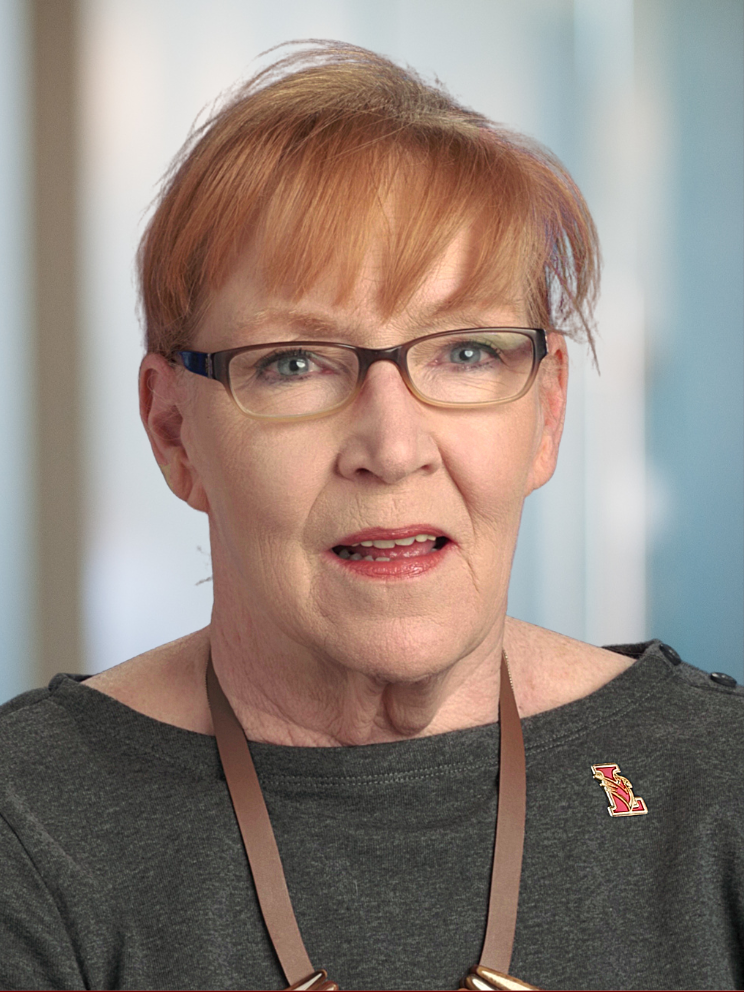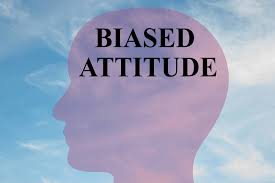A few years ago, a New York Times New Old Age blog had me thinking about my mother’s later-life driving. The blog is about lying to an older person, ostensibly for his or her own good. In one tale, a grown daughter sabotages her mother’s driver’s license renewal to avoid confrontation over concerns about waning driving skills.
My mother lived independently until she was in her late 60s. She drove, but not far and never at night. She had her routine and I had no reason to worry. Then she had a fender bender that bruised her ego. She got back behind the wheel, but less confidently. A second accident—an over-correction on a rural road that took out a mailbox and left her with a gash above her eye—prompted her to ask me to help her reconsider her future in the driver’s seat.
We made the decision together because she worried that she would be a burden and her errands would fall to me. Truth be told, I selfishly enjoyed knowing she had the option to drive if she needed to. I could barely imagine how difficult it would be to give up that freedom, her independence. I worried she would be angry and frustrated when she felt cooped up because she was unaccustomed to asking for help.
But we sat with the adding machine, calculated the money she would save on gas, repairs and insurance, then decided she could give herself that much allowance to hire a driver or to pay for a ride any time she felt like it. Still, it was a life-altering decision, and we both knew there would be hard times ahead.
I have mixed feelings about benevolent lying. I would hope that adult children would respect the wisdom of their parents and choose to tell the truth whenever possible. In hindsight, I’d say my mother and I had it easy compared to friends who were forced to take away keys against a parent’s wishes. It would have been worse if we’d lived apart and I was unavailable to help make and support a decision about driving. Fortunately, my mother’s choice was made before anyone was seriously hurt.
And I never had to lie.

Pepper Evans works as an independent-living consultant, helping older adults age in place. She is the empty-nest mother of two adult daughters and has extensive personal and professional experience as a caregiver. She has worked as a researcher and editor for authors and filmmakers. She also puts her time and resources to use in the nonprofit sector and serves on the Board of Education in Lawrence Township, NJ.



